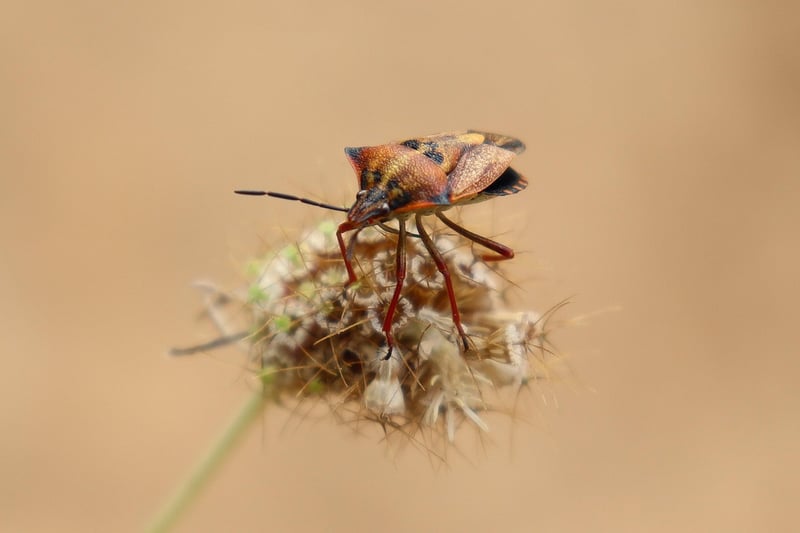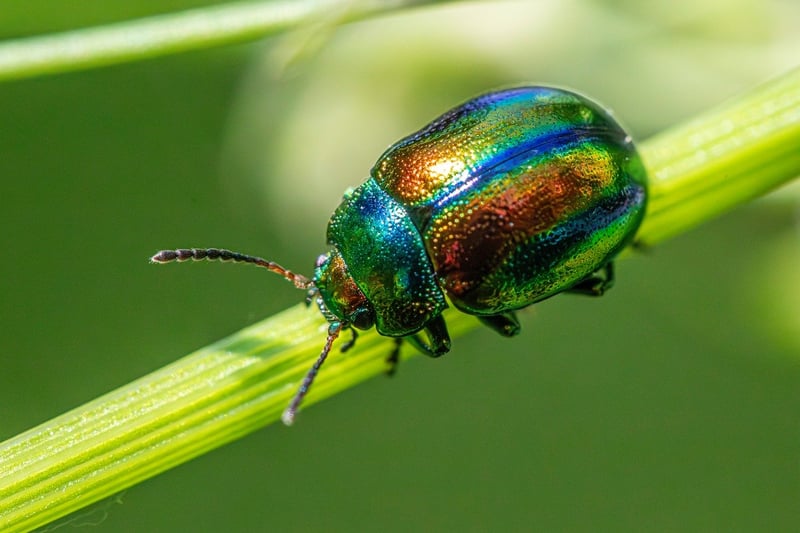Pest Management
Keeping Your Garden Healthy: Pest Management Tips
Having a beautiful and thriving garden requires more than just watering and sunlight. Pest management is a crucial aspect of maintaining a healthy garden ecosystem. By taking proactive steps to control pests, you can protect your plants and promote a flourishing garden environment. Here are some effective pest management tips to keep your garden healthy:
1. Identify the Pests
First and foremost, it's essential to identify the pests that are causing damage to your plants. Look for common signs such as chewed leaves, holes in foliage, or pest droppings. By knowing the specific pests you're dealing with, you can choose the most appropriate control methods.
2. Implement Cultural Controls
Cultural controls involve practices that make your garden less hospitable to pests. This includes maintaining proper plant spacing, promoting good air circulation, removing debris, and practicing crop rotation. Healthy plants are more resilient to pest attacks.
3. Use Natural Predators
Encourage beneficial insects like ladybugs, lacewings, and parasitic wasps that feed on garden pests. By attracting these natural predators to your garden, you can create a balanced ecosystem where pests are kept in check naturally.
4. Apply Organic Pest Control
Opt for organic pest control methods such as neem oil, insecticidal soap, and diatomaceous earth. These products are safer for the environment, wildlife, and beneficial insects while effectively managing common garden pests.
5. Regularly Inspect Your Plants
Make it a habit to inspect your plants regularly for any signs of pest infestations. Early detection allows you to take swift action before the problem escalates. Remove affected leaves or plants to prevent pests from spreading.
6. Practice Good Garden Hygiene
Keep your garden clean and tidy to reduce hiding spots for pests. Rake up fallen leaves, weeds, and debris regularly. Proper sanitation can help prevent pest buildup and diseases in your garden.
7. Consider Physical Barriers
For specific plants vulnerable to pests, consider using physical barriers like row covers or netting to protect them from insect damage. This method is especially useful for crops that are prone to pest infestations.
8. Rotate Plantings
Rotate your plantings each season to disrupt pest life cycles. Avoid planting the same crops in the same location year after year, as this can lead to a buildup of pests in the soil. Crop rotation helps maintain soil health and reduces pest pressure.
By following these pest management tips and adopting eco-friendly practices, you can cultivate a vibrant and pest-resistant garden. Remember that a healthy garden is not just about beautiful plants but also about fostering a balanced ecosystem where pests are managed naturally.

Enjoy the beauty of your garden while keeping it healthy and pest-free!
